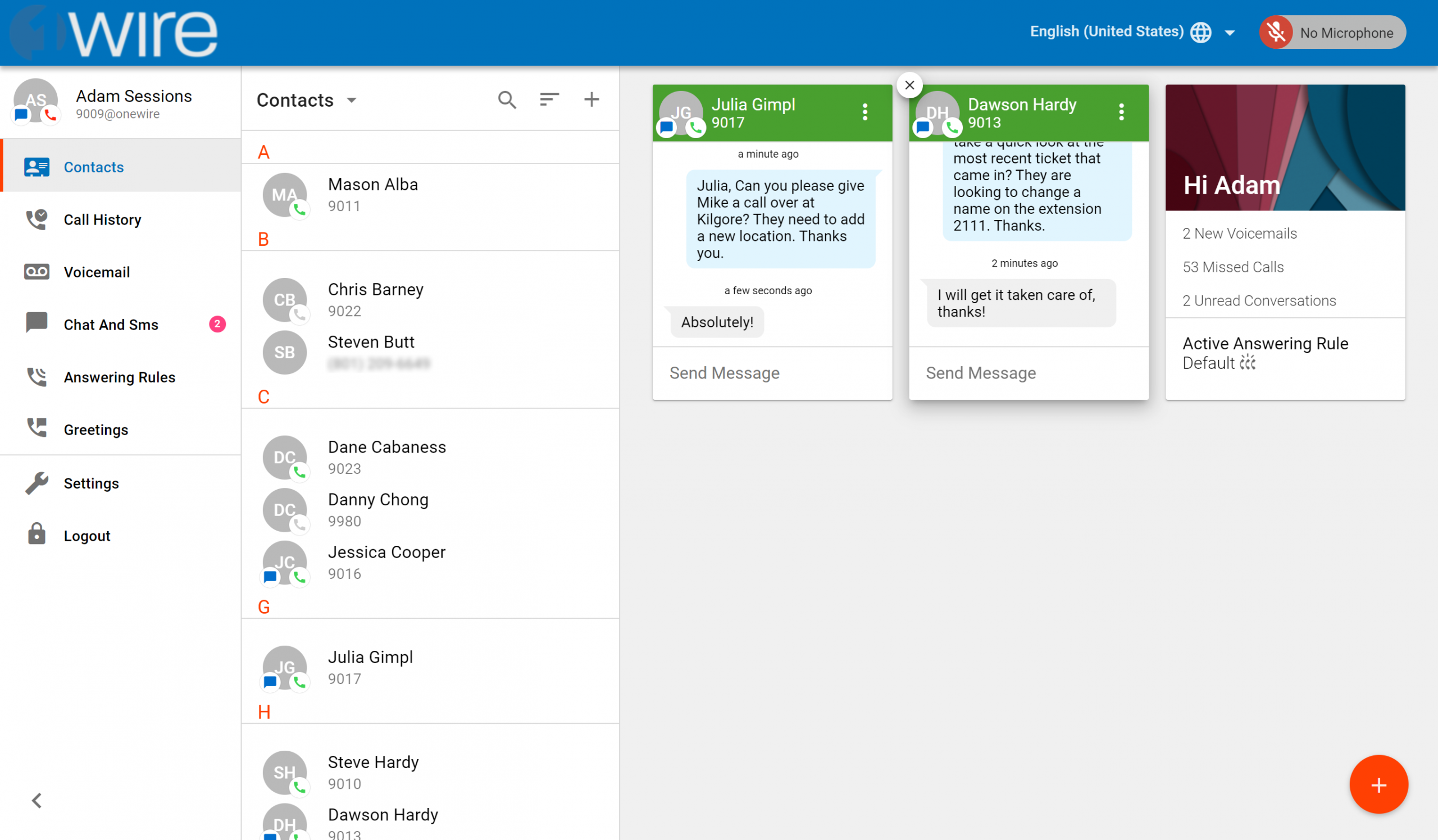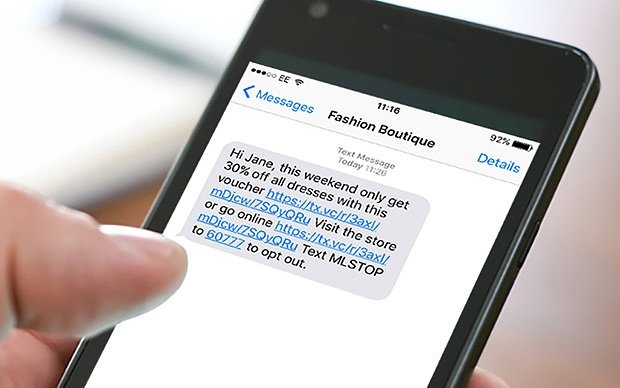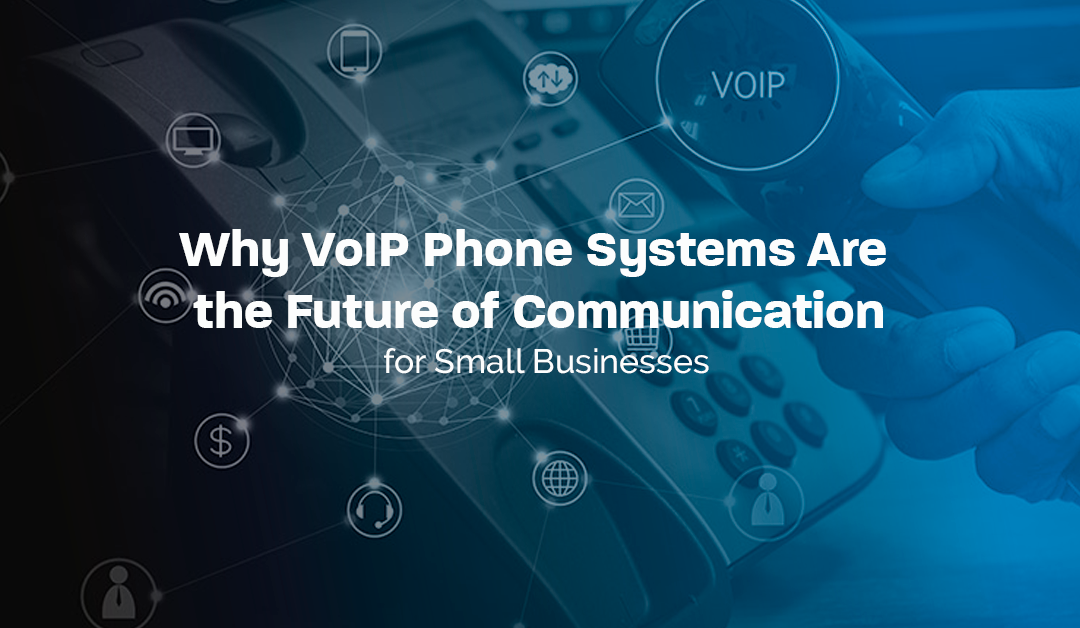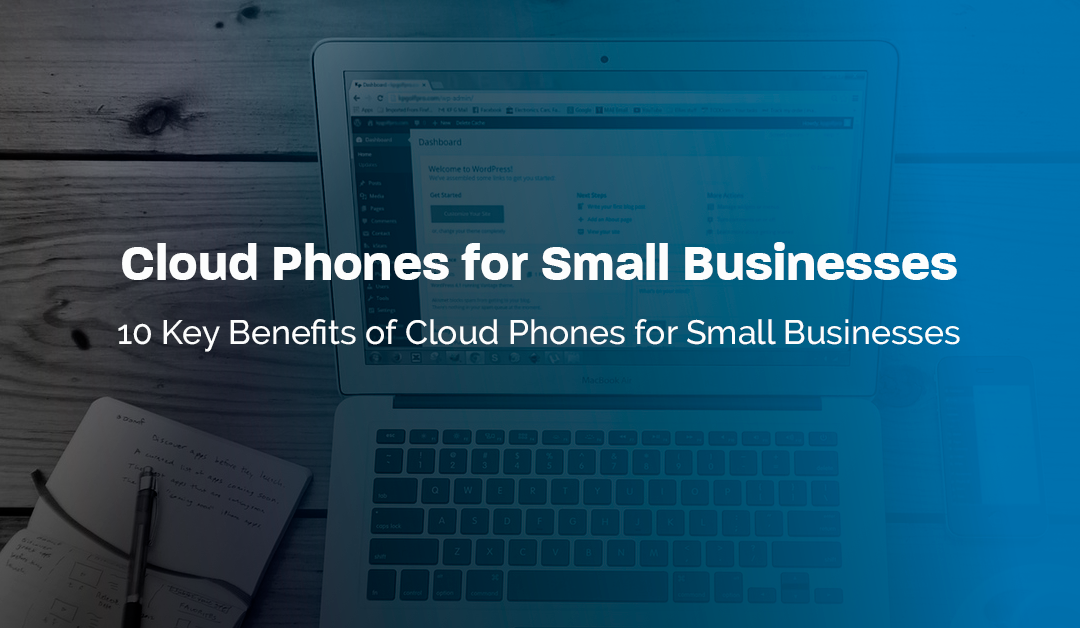In today’s world, traditional communication through an old desk phone has obvious limitations. Mobile phones have made it much easier to simply send a text message rather than calling and leaving a message. Text messages have up to a 98% open rate and around a 45% response rate. In fact, 74% of customers will even respond to a text from a business within an hour vs 41% for email. Because of the shift in communications, Cloud Phones and Unified Communications are taking center stage when businesses architect their communication requirements and offer business text messaging as part of their service .
Key features of texting with 1Wire Unified Communications
- Inbound Text Routing: Route text to the right contact person to engage in two-way conversations.
- Live Agent Interaction: Agents can respond to customers in real-time via text to help with sales and support.
- CRM integrations: Integrate texting with your CRM and create smart workflows.
5 benefits of using text messaging for customer service and support
On average Americans are spending 5.4 hours a day on their phones. People check their phones an average of 58 times per day, which means text messages from a company they’ve done business with or will in the future – will be read.
Text messaging is a popular way for customer service teams to best serve consumers. A national survey of more than 1,000 U.S. adults with smartphones found that almost two-thirds (63%) of respondents would switch to a company that offered text messaging as a communication channel.
Marketing to people through their phones is becoming increasingly impactful. Considering how easy it is to deliver your message vs how likely it is for your message to be read, it’s time to realize the many potential benefits of text messaging for customer service and support. Here are five of the best benefits.
Consumer demand
With methods of delivery today’s consumers are demanding a fast response, and nothing is faster than text messaging. There’s no waiting on hold or getting transferred around, and they can often get an immediate reply. It’s fast becoming the expectation, with 76% of consumers reporting they don’t like talking to businesses on the phone.
52% of people said they’d likely text with a customer support rep, and the same number “prefer to text a customer support rep over their current preferred mode of communication.” Additionally, around a third (31%) of respondents said it was important for texting to be an available support option, and 47% said that texting could improve their overall satisfaction with customer support.
It’s asynchronous
“Asynchronous” as it relates to text message marketing is “communication that happens sequentially, typically through an exchange of messages as participants read and respond to prior messages according to their own schedule and not in coordination with the schedules of other participants,” according to PEGA.
Simply put, customers are busy and might not be able to stick around for a full customer service conversation on their computer or on the phone. With text messages, customers can continue the conversation while on the go from whatever channels makes the most sense – without losing any context or having to repeat their issue. This gives your customers the ability to connect 24/7 on their own time and it shows how your company values their time and respects their communication preferences.
It’s convenient and saves time
Speaking of time, nobody likes to wait on hold for customer service. Texting doesn’t require a huge time investment and allows the customer to send a text message with their support question while they go about their day.
It also saves company time — issues are resolved more quickly, freeing up customer service agents from dozens of time-consuming phone calls. And as an added bonus, with text message support, agents can handle multiple conversations at once.

It’s cost effective
Your business is always looking for ways to save money, and turning to text messaging for customer support is a step in the right direction. It’s less expensive to handle customer inquiries by text than over the phone. According to a Forrester study, the average customer service phone call costs about $16, but the average text thread costs between $1 to $5 per interaction.

Collect customer feedback
Part of effective customer service is knowing what your customers think. You not only find out what you’re doing right, but where you can improve — both with the way you conduct your business as well as your bottom line. Texting is a great way to collect customer feedback because you can easily schedule or automate text surveys that typically only require recipients to send a simple one- or two-word response.
Customers are also more likely to read texts and respond in comparison to email. Text message open rates are as high as 98%, compared to just 20% of all emails. And, on average, it takes 90 seconds for someone to respond to a text, as opposed to 90 minutes to respond to an email. So if you want honest — and fast — feedback, texting is the way to go.
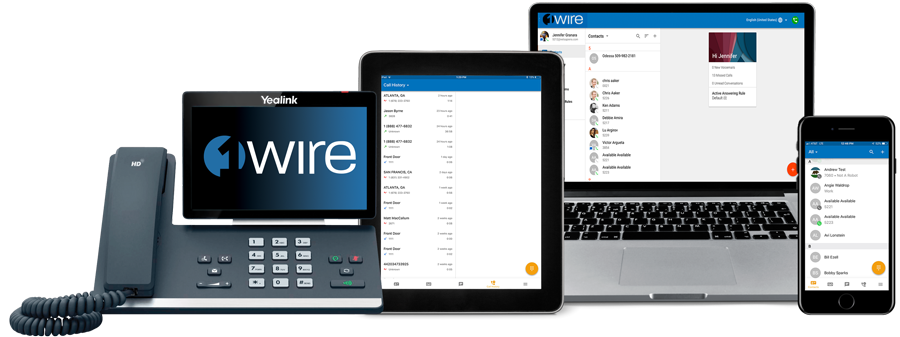
Conclusion – Find out why 1Wire makes business texting easy from any device and popular CRM Platforms
Business text messaging with 1Wires Unified communications platform, has your business is fully covered. Maximize customer outreach and customer support communications. Stay focused by accessing all your communications from your favorite devices. Take calls, answer texts and chat with staff and clients right from your computer, laptop, tablet or smartphone. Don’t juggle multiple devices or even multiple apps.

